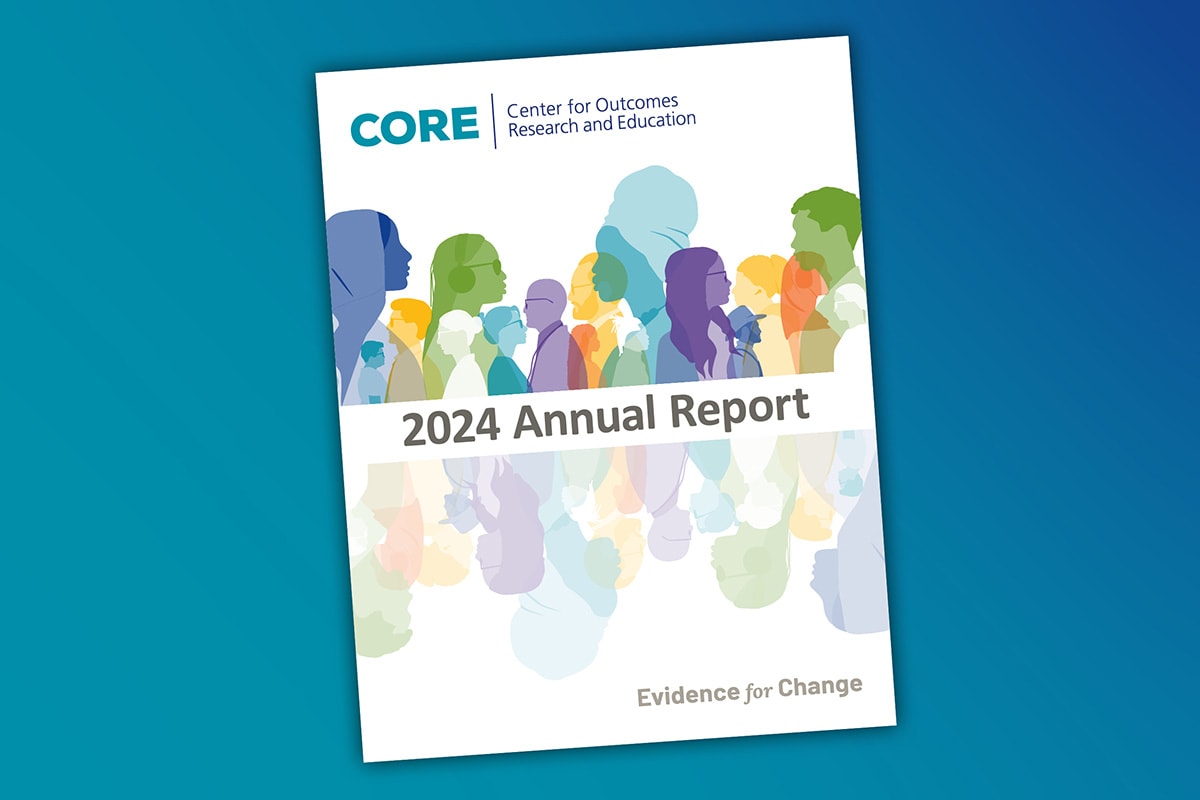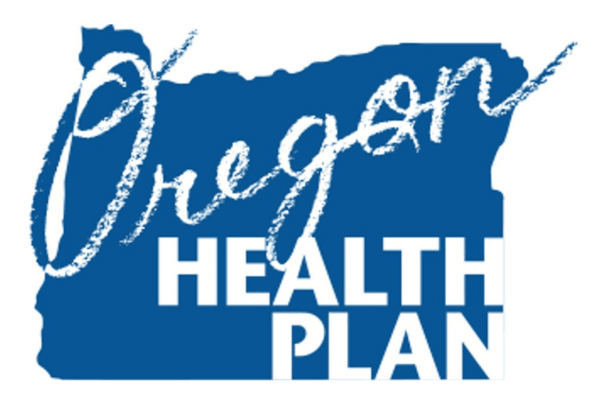Examining an innovative "housing as healthcare" Medicaid benefit

- In 2022, Health Share of Oregon piloted a program offering housing support as a Medicaid benefit for eligible individuals during vulnerable transitions.
- The Providence Center for Outcomes Research and Education (CORE) was engaged to study the pilot’s implementation and impacts.
- 516 participants in the pilot received services like rent and utility assistance, with positive impacts on health and well-being.
- CORE's evaluation offers lessons for similar initiatives, including Oregon's plan to offer a housing-related Medicaid benefit.
Stable housing is vital to addressing healthcare and other social needs, particularly for those experiencing physical or behavioral health challenges. Yet, amid Oregon's housing affordability crisis, the barriers to stable housing are often too difficult to overcome.
Recognizing housing's essential role in health, beginning in 2022, Portland-based Medicaid Coordinated Care Organization (CCO) Health Share of Oregon collaborated with regional health and housing systems and our team at the Providence Center for Outcomes Research and Education (CORE) to study the addition of a housing benefit to existing Oregon Health Plan Medicaid coverage.
CORE's research provides a variety of lessons as the state of Oregon finalizes its plans to offer housing as a covered Medicaid Health-Related Social Needs (HRSN) benefit for eligible members.
Read on for details on this unique initiative and CORE's early evaluation findings, or visit Health Share's website to learn more.
A new kind of benefit: housing as healthcare
Through Oregon's 2022-2027 Medicaid 1115 demonstration waiver, the federal government allows the state to test new ways of delivering and paying for healthcare services. That includes Oregon’s plan to begin offering housing assistance in late 2024 as a type of medical support for eligible individuals on the Oregon Health Plan.
Ahead of the statewide rollout, in May 2022, Health Share of Oregon launched a housing benefit pilot designed to support individuals’ housing needs during vulnerable transitions, such as exiting substance use residential care or foster care or reentering the community from corrections. The Health Share pilot enrolled 516 individuals and provided a variety of support ranging from monthly rent support to utility assistance and more.
" Housing is a healthcare need. It is something that everyone should have. I think that kind of language and emphasis is super important." –Staff member at a participating CBO
Participant interviews reveal profound impacts
The CORE team’s ongoing evaluation has already revealed a variety of insights, as summarized below. However, the program’s most notable success was its profound impact on some members’ lives. Here are a few examples of what we heard from participants:
“Being able to focus on my recovery and not having to worry about where I’m going to live or if I’m going to be able to lay my head down at night. That was a huge, huge support in regards to my sobriety and my recovery.”
“My biggest thought when I was in [the hospital] was ‘what was going to happen when I left? Where was I going to go?’ […] And so to know that was taken care of, it just meant less stress, less worry, less being scared, less emotional chaos […] I could actually breathe and focus on other things that I was dealing with at that time.”
CORE’s initial findings from the pilot
The CORE evaluation drew on multiple sources, including interviews with program leaders, partners, and staff; housing needs assessments completed with participants as part of program implementation; and data from participant surveys, interviews, and Medicaid claims. We also provided technical assistance on data collection processes.
“The learning and experience we gained from this pilot is already being used to inform program design at the State level, but equally important is the direct impact the program had on individuals who gained life-changing access to housing and related supports through this effort.” Alyssa Craigie, MPA, Health Share Director of Health System Integration
Key findings: Baseline needs/characteristics and service utilization
- Health Share enrolled 516 individuals into the pilot program (715 referred).
- Participants spent 9.8 months in the program on average.
- Monthly rent assistance, move-in support, and utility assistance were the most used services.
- Top services used include: monthly rent support (74%), move-in fees (66%), move-in support (61%), monthly utility assistance (54%).
- 48% of participants entered the pilot from a SUD residential program, 18% from a corrections facility, and 11% from foster care.
- 58% of participants had a mental health diagnosis, and 87% of participants had a history of substance use.
- 44% of participants had been in the ED or hospitalized in the past year.
- 1 in 5 participants reported past property or utilities debt, and 16% had an eviction in the past seven years.
Key implementation takeaways for other housing as healthcare initiatives
Early lessons from the evaluation were informative for program leaders at the time; they also have ongoing implications for the HRSN component of the Medicaid 1115 Waiver and similar initiatives elsewhere. Interviews with partners emphasized several important considerations for these broader efforts.
- New models of housing and healthcare collaboration will inevitably require refinement. Clear roles and decision-making processes will support nimble course corrections.
- Health systems must engage individuals and organizations across the housing sector, especially those with experience working with identified priority populations.
- This pilot's funding and operations models and the new HRSN benefit are vastly different from what community-based organizations (CBOs) are accustomed to, and participation involves financial risk. CBOs emphasized the need for time and information to assess whether to participate in the waiver and compensation for the work of testing new processes. They also highlighted a need to develop a stronger provider network through intentional collaboration with culturally specific housing organizations.
- Findings from interviews with direct service staff (e.g., referral sources, care coordinators, and housing navigators) reinforced the lessons above, highlighting the need for clear client and partner expectations, clear and transparent communication and decision-making, and payment models that align with existing housing processes, among other needs.
“Addressing housing insecurity amongst Medicaid members is innovative and transformative work with the potential to have an enormous impact on people’s lives. The evaluation of this housing pilot will demonstrate the impact on health outcomes as well as critically inform future work to integrate housing supports into a Medicaid benefit.” --Cat Livingston, MD, MPH, Health Share of Oregon Medical Director
CORE's next steps
Looking ahead to Oregon’s statewide rollout of a housing-related Medicaid benefit, CORE continues studying Health Share’s pilot with the goal of helping the state and others advance these types of innovative housing as healthcare solutions.
In late 2023, we began surveying and interviewing pilot participants three to six months after they exited the Health Share pilot. These ongoing surveys and interviews will be used alongside healthcare claims data to understand the pilot's impacts on housing stability, other social outcomes, and health and healthcare utilization. We look forward to continuing this work and sharing those findings.
Related news & resources
- Health Share Housing Benefit Pilot webpage
- Oregon Health Authority 2022-2027 Medicaid Evaluation Waiver webpage
- CORE blog: Study shows benefits of major local housing for health initiative
- CORE blog: Study shows links between education, housing, legal and health outcomes
- CORE focus area: housing and health



